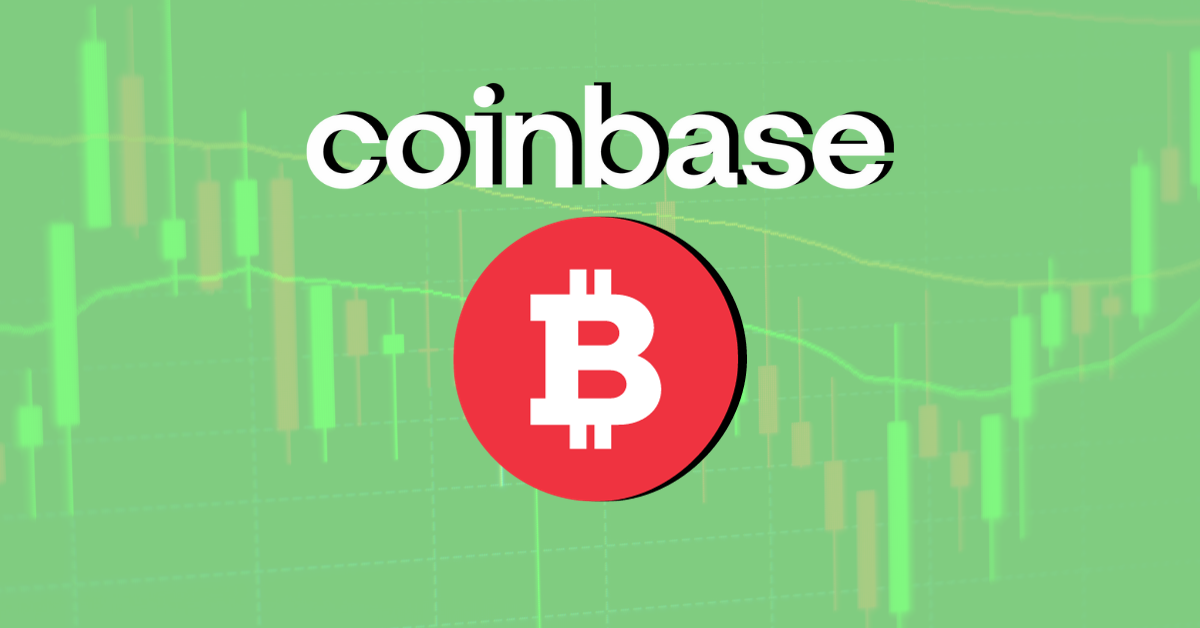Coinbase CEO Refutes False Claims About Banning Nigerian Users, Confirms No Government Directive Has Been Received
Nigeria’s communications regulator, the Nigeria Communications Commission (NCC), has been instructed by the central bank to block access to cryptocurrency websites, naming platforms such as Binance, Coinbase and Kraken. The report has been released. According to a separate report, this action reportedly comes shortly after Binance restricted P2P trading involving the USDT/NGN pair, which caused the Naira price to drop to record lows. Despite these claims, Coinbase’s CEO refuted the report, saying the exchange has not received any directives from the government and continues to operate without interruption.
Coinbase CEO refutes claims of limited access to Nigeria
Leading US exchange Coinbase has dismissed claims that it has been ordered by the Nigerian government to restrict access to citizens. This explanation came from Coinbase CEO Brian Armstrong in a statement on social media platform X.
Armstrong was referring to rumors that the Nigerian government has restricted citizens’ access to major cryptocurrency trading platforms, including Coinbase, Binance, and Kraken.
He said, “As far as I know, this is not WRT Coinbase accurate. Coinbase products are still operational (no interruptions). “I have not received any communication or communication from any Nigerian official.”
The dispute began earlier this week when Nigerians took to social media platform To get around these restrictions, some users have used virtual private networks (VPNs) to access cryptocurrency exchanges.
However, there is no official confirmation that the government has ordered access restrictions to Coinbase, Binance, and Kraken. Additionally, further updates from several Nigerians to
Naira reaches new low against dollar
The latest restrictions on cryptocurrencies mark a significant move in Nigeria away from President Bola Tinubu’s earlier market-friendly reforms aimed at attracting foreign investment to boost the economy.
These reforms included efforts to regulate digital assets such as Bitcoin and Tether, previously seen as alternatives to traditional investments, and a ban on cryptocurrency trading to strengthen anti-money laundering and anti-terrorist financing measures.
However, the government made all-out efforts to strengthen the exchange rate system and devalued the currency twice in eight months, causing the naira to fall from less than $900 to $1,851 against the dollar in early January.
Bayo Onanuga, an adviser to President Tinubu, accused Binance of attacking the central bank’s authority to set exchange rates through the exchange. He defended Nigeria’s ban on cryptocurrencies, arguing that “the hemorrhaging of our currency will continue to diminish” unless access to exchanges is halted.
As a result, last year the Nigerian Securities and Exchange Commission deemed local Binance operations illegal due to lack of registration or regulation by the authority. Despite this, users continued to access Binance’s global website.

